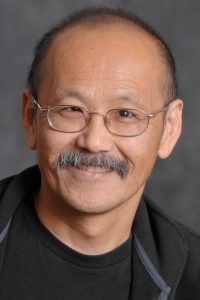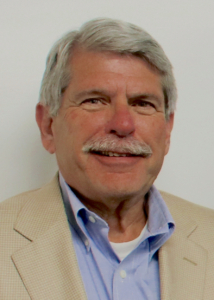Manville on Improving Communities by Pricing Roads
Urban Planning Associate Professor Michael Manville spoke to Innovation Hub about the dim chances that traffic congestion will improve post-pandemic. Empty roads invite more drivers to use them, he said. And even if more employees work from home, they’ll still use the roadways to satisfy the craving for human connection after a year of quarantine. Offering a one-sentence summary of congestion — “because we’re all in a hurry, we all slow each other down” — Manville argued that the best strategy for managing traffic is charging drivers to use the roads, just as governments charge for utilities. Higher prices during peak traffic hours would help keep traffic moving at a consistent speed, and revenue could be used to keep the system equitable for people who must drive but cannot afford the fees. Manville also noted that reducing congestion would benefit the often low-income neighborhoods that line highways, which are currently inundated with pollutants from nearby traffic.


